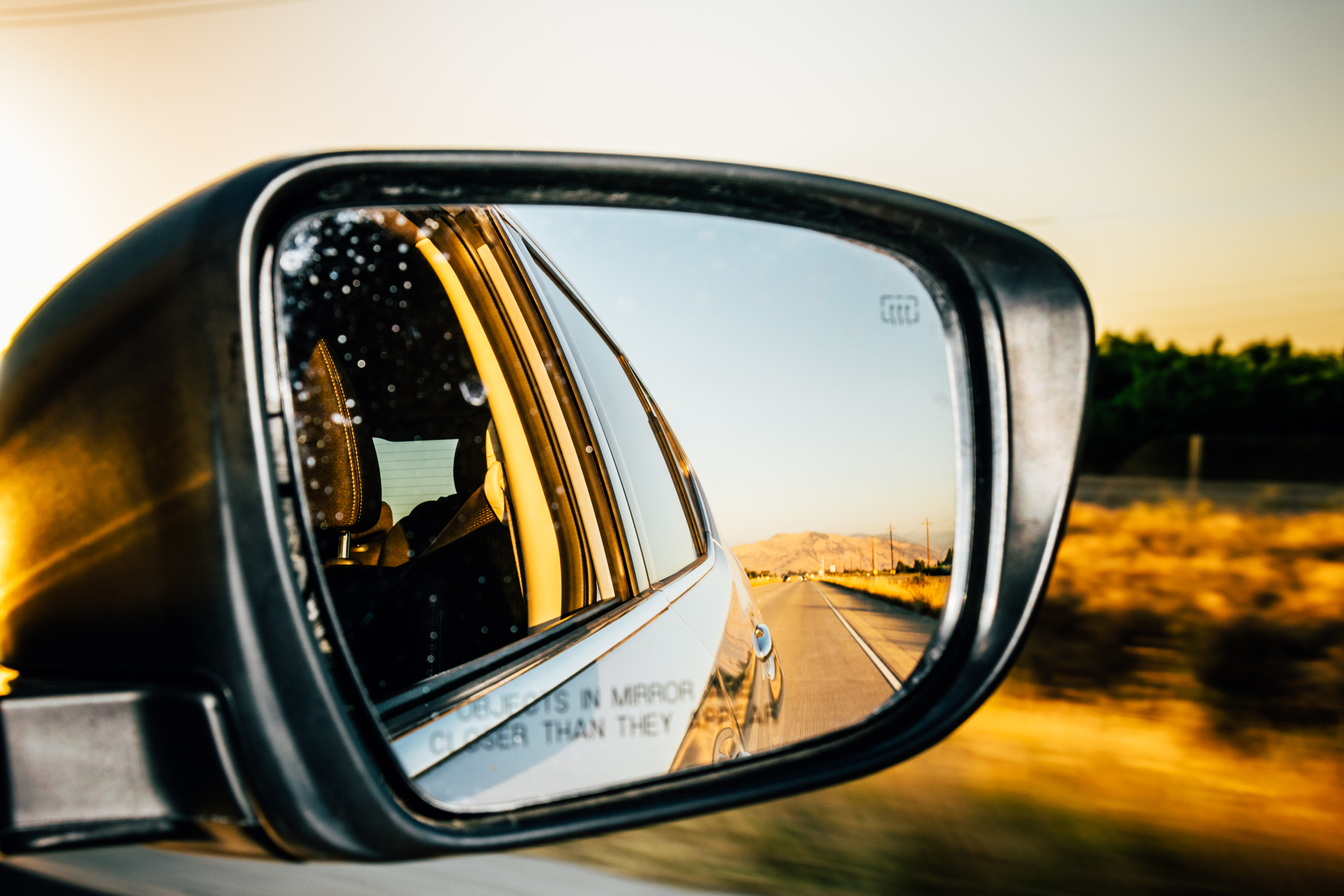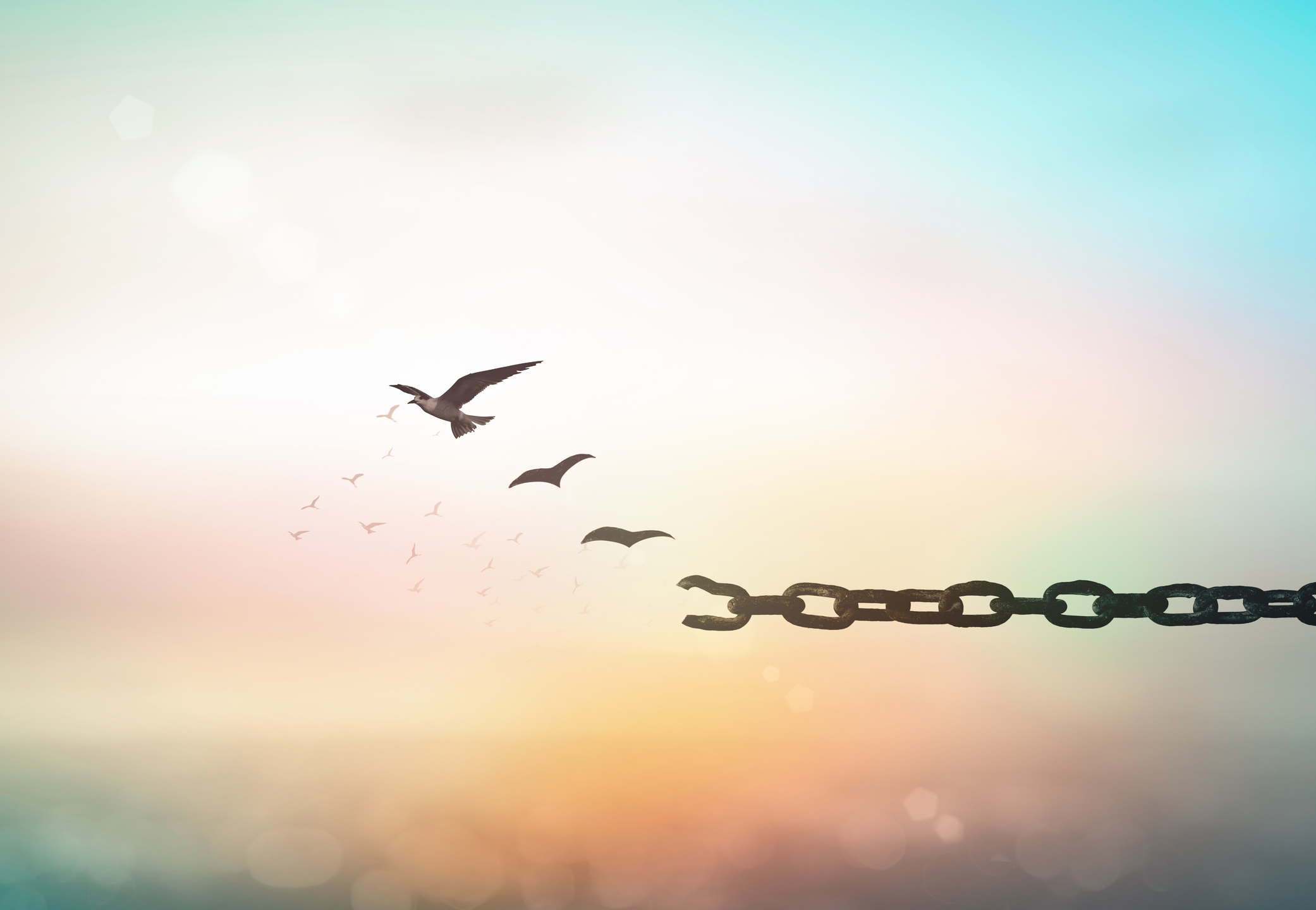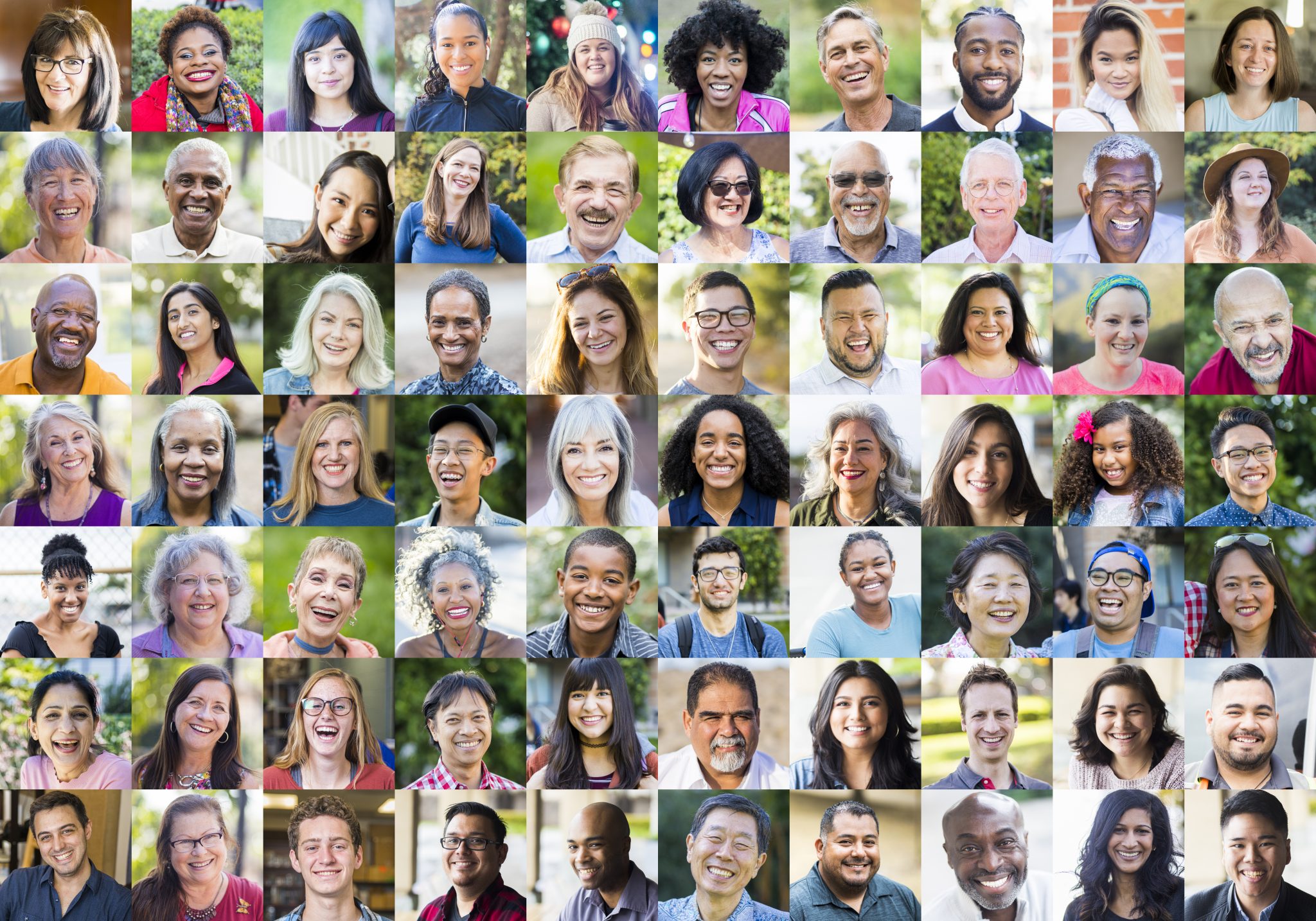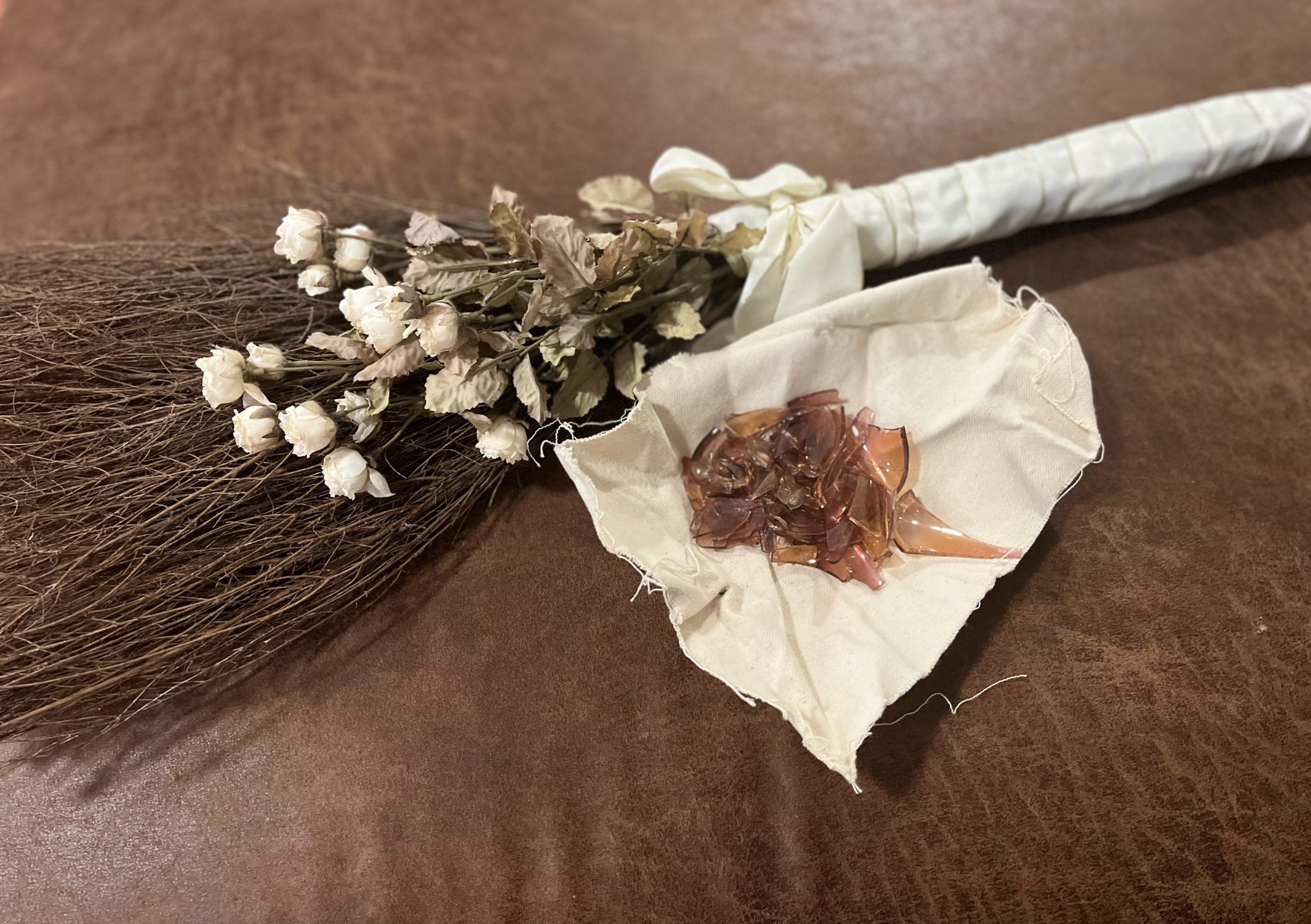Liberty For All
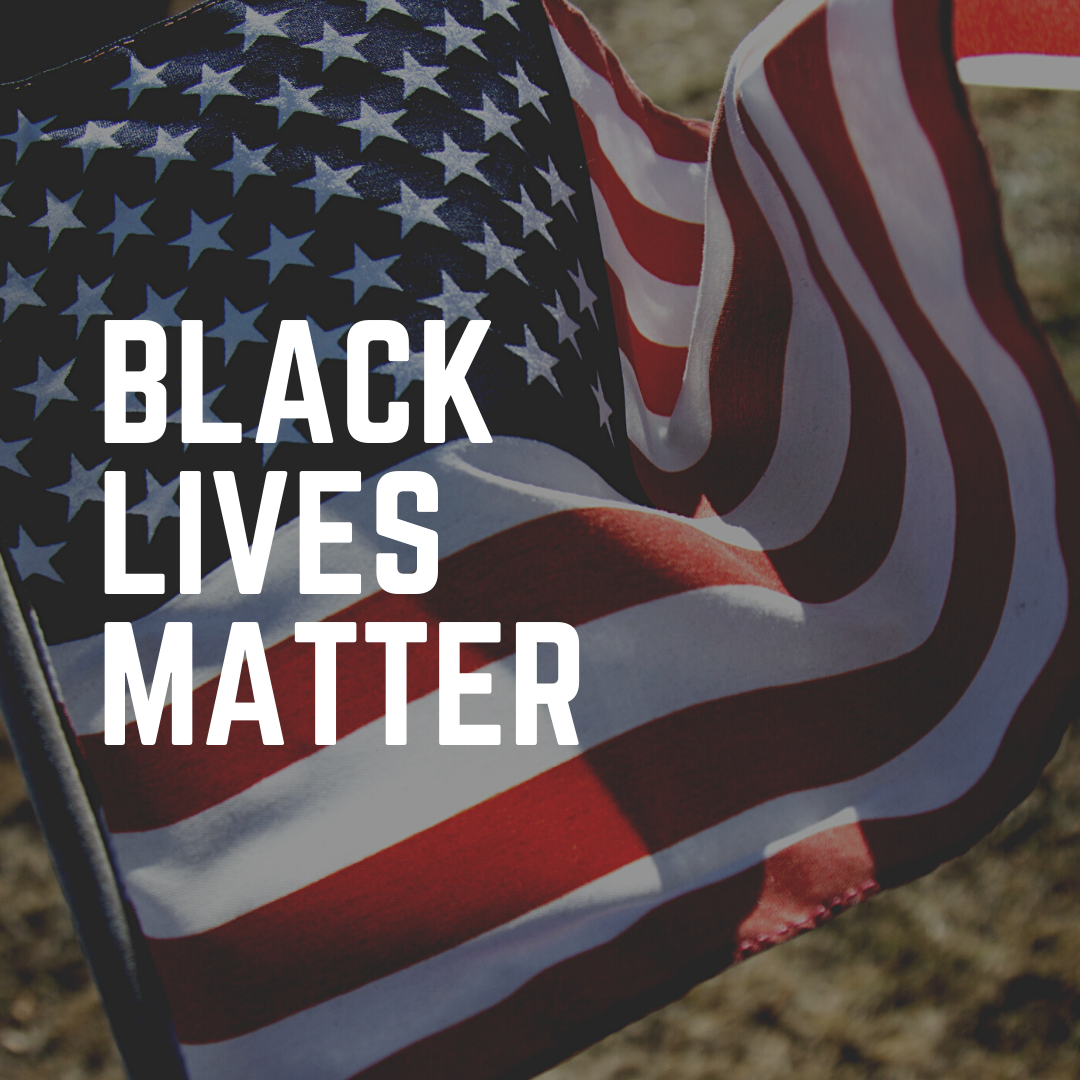
Hey America! Happy Fourth of July! Are you bored with Black Lives Matter yet?
Of course some of you are. I can hear it, read it and watch it. The conversations are turning, because some of you with power, privilege and prejudice think you’ve done what you need to do, by simply acknowledging the truths of the African American existence.
Acknowledgement is the first step, and a lot of work follows. Yet for some, the dialogue has already shifted from focusing on the lived experiences of Black people with racism, injustice and inequality to a focus on getting rid of the symbols of racism, injustice and inequality
To be clear, removing symbols of hate in society is important and necessary. But on the spectrum of change, in my opinion they are much closer to the public statements being issued all around us than to the systemic change the African American community seeks.
They are not nearly enough.
Shamefully, America is already on the verge of losing focus, barely a few weeks into the 2020 iteration of the movement. (And this comes as little surprise to Black people. As we’ve told you, while this feels different, and in some ways is different, we’ve also been here before.)
So let those of you in positions of power, privilege and prejudice consider this an opportunity to realize that symbolic gestures represent the first few inches of a journey that stretches hundreds of miles. They’re the steps at the beginning; they are not the destination.
And let those of us committed to this work consider this an opportunity for us to pause, breathe and realize that we need to continue working toward systemic change just as hard as we protest in the streets to draw attention to the very conditions that require such change. This isn’t either/or. It’s and.
As I think of Independence Day this year, as I think of a national celebration of freedom, I am torn between my pride as an American and my pain and anger as an African American. Because this day is essentially, quintessentially, a day of joyful commemoration of our heritage.
Our American heritage.
I shake my head at that, almost involuntarily so. What does that mean?
I know for some Black folks, heritage is difficult. Because we are constantly embracing our triumph and our oppression. Not just 400 years ago, but just yesterday. It is hard for some of us to be able to go back, because so much has been destroyed, stolen and lost. So much remains unknown about our individual stories.
Just a few years ago, I was on ancestry.com, staring at a birth record of my great-grandfather, then gazing upon my grandfather’s signature on a scanned record. Men I never met, whose legacies impacts me deeply, and that’s all I have of them. Digital crumbs.
This isn’t accidental. It’s the result of the systemic deconstruction of Black Life in America, and it goes back through time to ignore, to erase our history. It mutes our independence in attempt to make us ever more dependent, in search of identity.
How much more other can you make a person than to remove from them their heritage while you so casually celebrate yours?
But wait! We find it, our heritage, despite attempts to deny it. We embody and express the essential Americanness in the African American condition.
And those of you would deny us our identity as both cultural and spiritual descendants of those “20 and odd” Africans, and the unique and obvious expressions of American ideals, well, you’ve missed the big picture, because you were obsessed with the little one. You saw identity as exclusive to your heritage instead of inclusive of all of ours.
In case you haven’t noticed, your definition is failing.
So let me tell you a bit about our heritage, our uniquely Black and American heritage. It might inform your view of what it means to truly be American in the land of the free and the home of the brave.
While we live it every day, it’s worth a bit of time travel. Let’s look back at the first chapter of Black Life in America: 1619 to 1776. This is a span of 157 years.
157 years of slavery. By today’s standards, that’s two lifetimes for the average American. But by slavery-era standards for Black people, that equates to nearly eight lifetimes. As the song goes, “I guess I’ll see you next lifetime.”
Think of all the lives cut short. All the babies never born. All the would-be grandparents who never got to grandparent.
Hopes and dreams not just unrealized — unimagined. Never had the time. Never had the time.
This is what you call the eradication of a people, which we know was not a novel concept.
And still we stood. This is our American heritage.
Imagine the hopelessness of being born into slavery. Maybe for the first couple of generations, your parents would’ve told you there was hope. It was still new, confusing, there was not enough… infrastructure… to render you hopeless.
But after a while, you’re born and you realize with your first conscious thoughts that this is what life is. This is your existence. Revolt and rebellion give only temporary oxygen to the the flickering flames of freedom.
And still we stood. This is our American heritage.
Generations go by, accelerated + shortened lives. Black people were packing a whole life of living into a quarter century. And still some question our abilities. Ha!
So now imagine it is 1776. That is almost 250 years ago, nearly a quarter of a millennium ago.
Maybe you were that one enslaved person who happened to overhear the conversations of white people talking about rebellion and revolt against their English masters. What thoughts might have crossed your mind? How would you have even processed a word like freedom when YOU HAVE NEVER SEEN THE THING? You are only relying on the words of ancestors. The hopes and dreams of people who are but whispers in your culture’s collective, timeless, conscious conscience.
Imagine your spiritual, moral, emotional and bodily confusion at the utterance of the Declaration of Independence, when your very existence as an enslaved person, and when the treatment of Indigenous People by European colonists, collectively show those wondrous ideals to be flawed by the hypocrisy of their expression?
No independence for you.
If we were all created equal, if people were supposedly guaranteed life, liberty and the pursue of happiness, but enslaved people literally had none of these guarantees, where was the equality? How could America then and now so easily accept such an obvious contradiction?
The answer is in the definitions. If you never saw – or see – Black people as people, well then the rest of the oppression really comes quite easily.
We were treated as crops. Natural resources to fuel economic engines.
And still we stood. Our American heritage.
Let’s jump ahead to 1861. Another 85 years have gone by. 85 years. At least three maybe four lifetimes in the lives of enslaved people.
Imagine you’re a black person living during that time. Think of the daily fear that must have permeated your every waking – and sleeping – moment. Gives new meaning to the words “depression” and “anxiety.” It’s almost a wonder Black folks are still here.
Imagine the hope you would have felt at first hearing of the Emancipation Proclamation, only to see efforts to keep you enslaved as an economic resource redoubled? Or worse, to find out two years late that you had been legally declared free? Even freedom came with strings attached.
And then imagine how fleeting your freedom was. Picture this as an experience in water: you are drowning, you kick to the surface with the last of your breath, your life, and just when you think you’re going to black out, you gulp a mouthful of the life-saving air of freedom. And it is beautiful. And it is fleeting. For as soon as you have inhaled the glorious life force deeply, you are plunged and pulled back into the deep dark pool of inequality.
Imagine facing even more horrific instances of white supremacy: widespread lynchings, segregation — slavery simply by another name, by another law.
Still, we stood. Our American heritage.
And then, lo and behold, some 50 years after the end of the Civil War, imagine seeing the erection of all these statues honoring the people who fought to keep their way of life and keep you enslaved.
Then in the 1960s, nearly 100 years after the Civil War, probably two lifetimes at that point, the Civil Rights Movement emerges to bring about significant changes in the courtrooms, in the streets, in the community.
And despite the fight against our rights, still, we stood. Our American heritage.
It is now 2020. Nearly 60 years later. Almost another lifetime.
And now, finally, in the capital of a confederacy, the monuments of a lost war fall in the streets. People mock their removal at the same time they rage at their disappearance. These people are incapable of grasping what it means to us as Black people, to have the symbol of our oppression finally – finally! – toppled, Because they are wrapped in their pride, their privilege, their prejudice. Their sense of supremacy.
Through it all, we have withstood assaults to our history, to our heritage, to our culture. That which some intended to eradicate through rape, murder, false imprisonment, forced naming and renaming, language and faith imposition and prohibition, confinement… all of that.
And still, we stand. Our American heritage.
Here we are. July 4th. Independence Day. And I know that some White people have already rejected their false superiority and embraced their shared humanity with Black people. This is America as it should be.
Some of you have more recently awakened to Black Life in America, and you see what you did not see, through all the lifetimes of your people, that our lifetimes were unequal, and you realize that is wrong. And some of you are now, finally, after all this time, you are starting to realize what, exactly, has been wrong all this time.
What has been unAmerican.
What has not been free.
What has not been just.
And you are finally starting to take a stand. So this Independence Day, I invite you, I urge you to take the next step, to reflect on what you have heard and learned, and to decide how you will act against racism, and on behalf of true liberty, because unless we are all free, none of us are truly free.
If you’re ready and willing, I’ll meet you along the way. In the meantime, happy Independence Day, and remember Black Lives Matter.



